It’s rare that I would need to use words like ‘meta-cogniscence’ and ‘self-relective’ in the course of a normal day, much less writing about a game release, but The Stanley Parable demands this and so much more.
Winner of at least half a dozen awards including for design and narrative, the journey this title will take you on is infuriating and revelatory, and not everybody will appreciate the message behind it.
As the titular hero, you find yourself outside your work cubicle, in what appears to be an office like the Mary Celeste, suddenly de-peopled and hauntingly empty. Nominally you go in search of your co-workers, but as the narrator states; the game is “…not a challenge, it’s a tragedy”, and your search very rapidly escalates into a quest for meaning, and a way out.
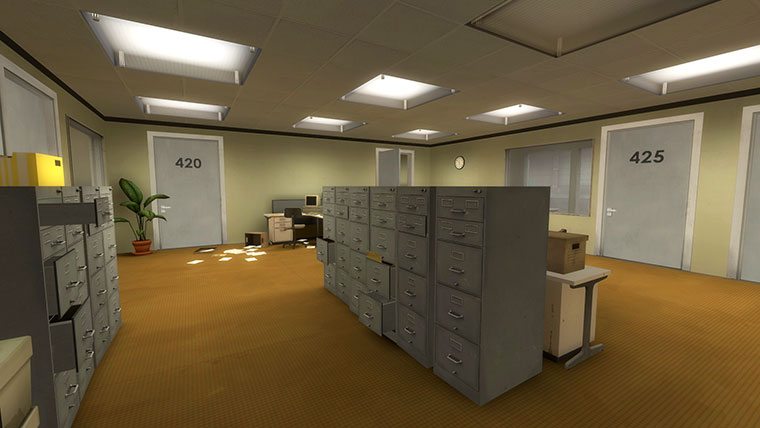
Visually, the first thing to note is that it’s quite similar in look and feel to Half Life and Deus-Ex in style, although in this game graphics are entirely secondary to the nature of the experience. As you move around the office complex, your thoughts are narrated, and you are much like Will Ferrel in Stranger Than Fiction, but in this case the narrator engages with you, challenges you and, on occasion, pleads with you to take certain paths.
Although there is no direct interaction with the narrator, your choices and actions will be reflected in his commentary, and this is the only way you have as player to make sense of the whole experience. I use the term ‘experience’ because this title defies definition as a game, even though there is a museum to the making of the game inside the ‘game’ itself.
Decisions and their consequences are the crux in The Stanley Parable
When you find yourself in an area of the ‘game’ that the narrator didn’t finish because he didn’t think you’d make it there, he gets frustrated with you at having pushed the ‘game’ by going where you weren’t meant to go. Making decisions you weren’t meant to make, which of course is impossible in any constructed gameworld.
Decisions and their consequences are the crux here; just as the narrator’s pitch rises in excitement as he narrates a choice you get to make, you realise that whatever you choose has been predetermined. Wherever you end up, you will have been directed there by the design of the ‘game’ and the actions of the omniscient narrator.
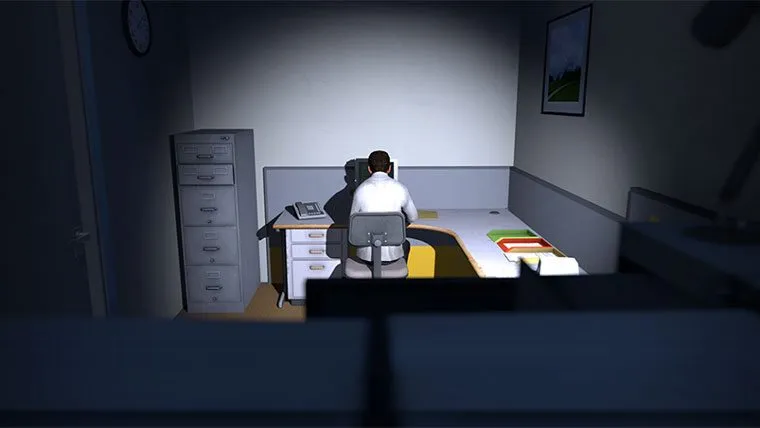
At times it can be frustrating having your options so blatantly manipulated, and being funneled into a particular place or course of action, but your narrator expresses similar frustration at your desire for choice and tries to accommodate you in your search for a more open game experience. At one point you are even asked for your feedback on the game before being put inside minecraft as a juxtaposition on the idea of freedom of choice in games. To ram it home even more, when you are supposedly ‘free’, you are relocated back to the starting point one piece of furniture at a time, all the while pressing the buttons on your keyboard that the computer tells you to. Why? Because to not do so is to not play the game. The paradox is both delicious and insane.
This is reflected in some of the achievements on Steam that throw down the gauntlet to players; play the game for the duration of a Tuesday; Click on door 430 five times. I have no idea whether or not these are legitimate achievements, but it is with total certainty that I know there will be people to try to reach these goals. Why? Because that’s what we as gamers are conditioned to do. We’re Pavlov’s dogs responding to all the signals we’ve previously been taught to respond to; we’re repeating old patterns in a new environment expecting similar results. The jump button is disabled but I lost count of the number of times I pushed the spacebar trying to get over chairs, boxes, or just rambling along a labyrinthine corridor. I’d do it again too if I didn’t want to risk breaking my run for the ‘Don’t play for 5 years’ achievement. Seriously.
There is no combat in the game, and your journey is not about fighting, exploring, overcoming or even surviving; At one stage I died and literally had to restart the game to play again, after looking at a black screen for half an hour…wondering what I was supposed to do. And that’s the key. There are no flags indicating a particular course of action, and in one scene you are pointedly mocked for running around frantically pushing buttons in a futile attempt to get something to happen. The game constantly derides you for being helpless and teasingly shows you glimpses of options just outside your reach – open doors below you as you stand on a freight lifter moving through a warehouse, corridors with open doors just out of reach, and buttons that do nothing, but get pushed anyway because that’s what buttons are there for right?
The Verdict
Ultimately this is not a title that can be reviewed as much as analysed. It is as futile as it is brilliant. It taunts you with choices, and even though you know they go nowhere you take them, you push buttons, and you listen to music as you wait. and wait. and wait, willing your resolve not to break until you find that one elusive choice that ends in a win, because that’s how games work isn’t it?


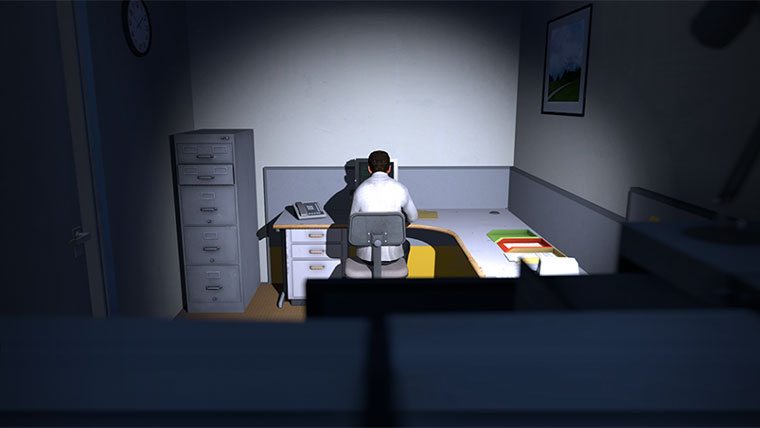
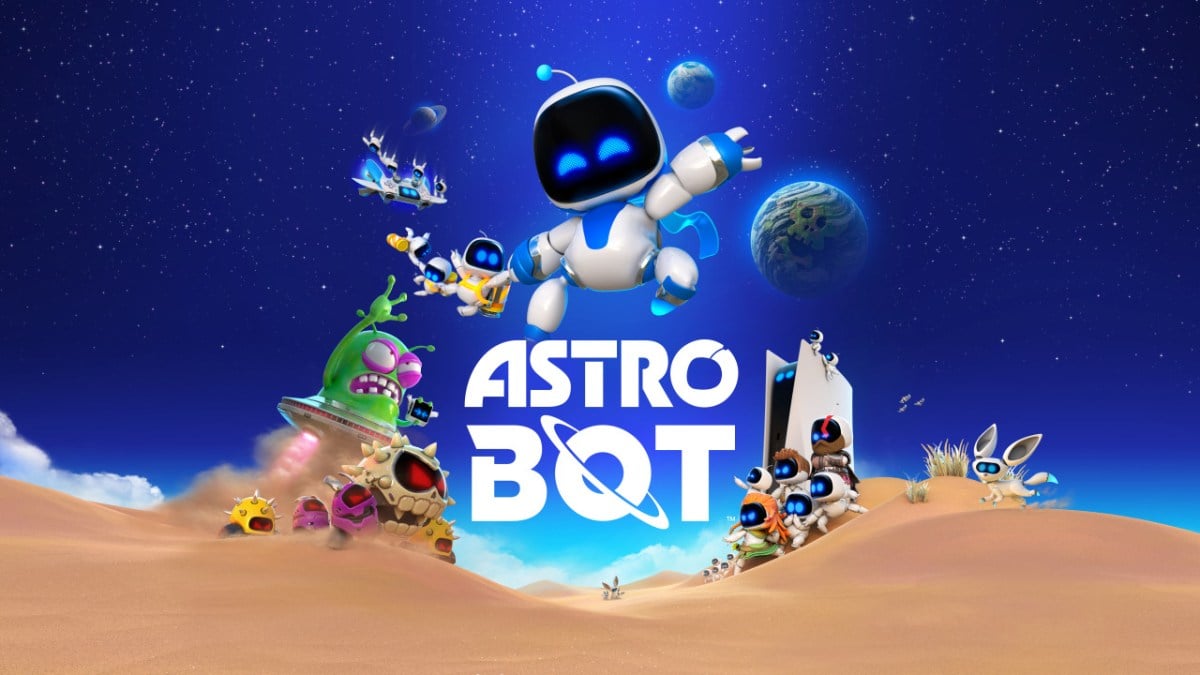
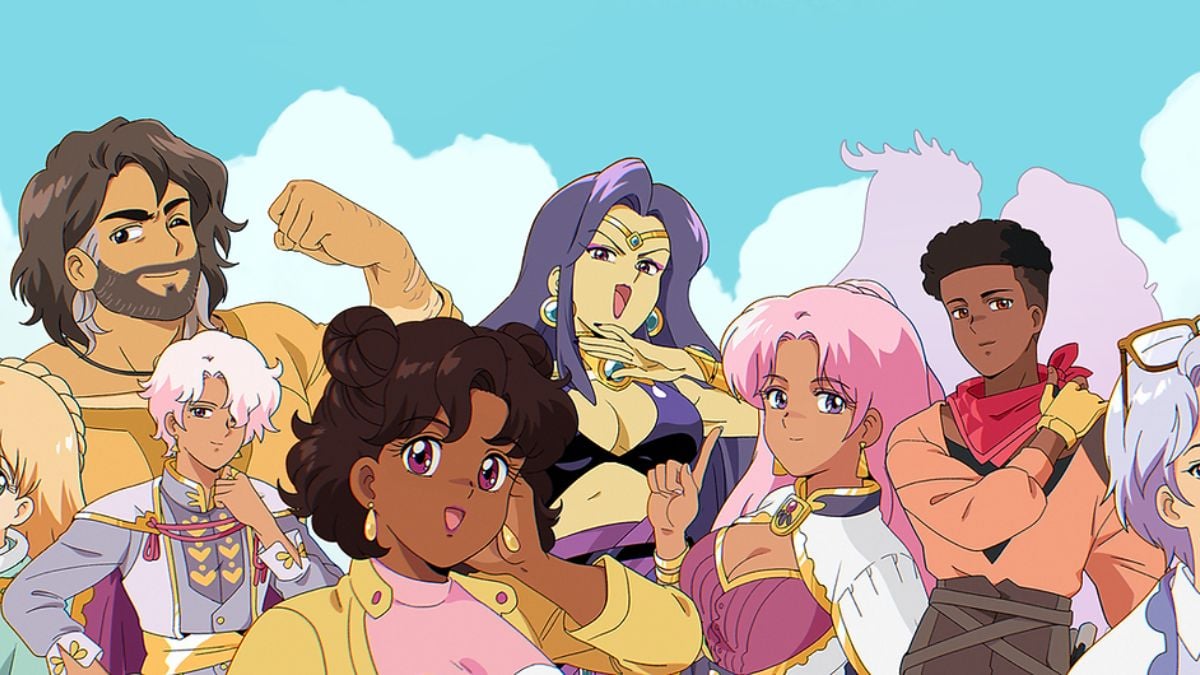
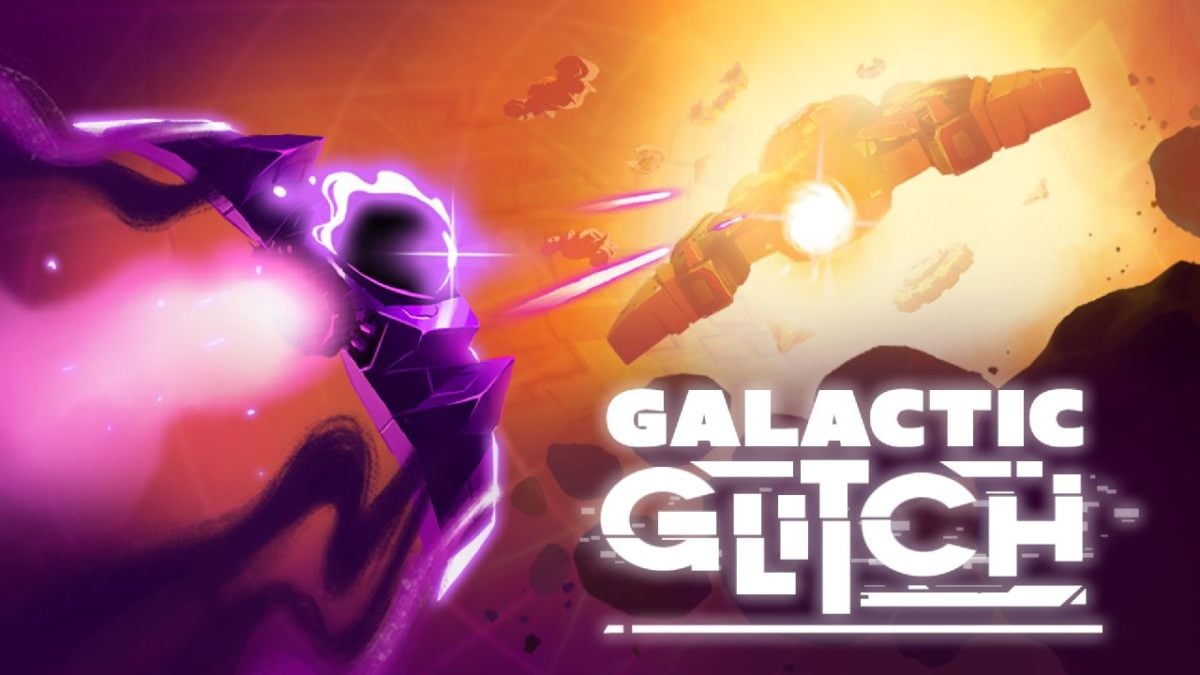
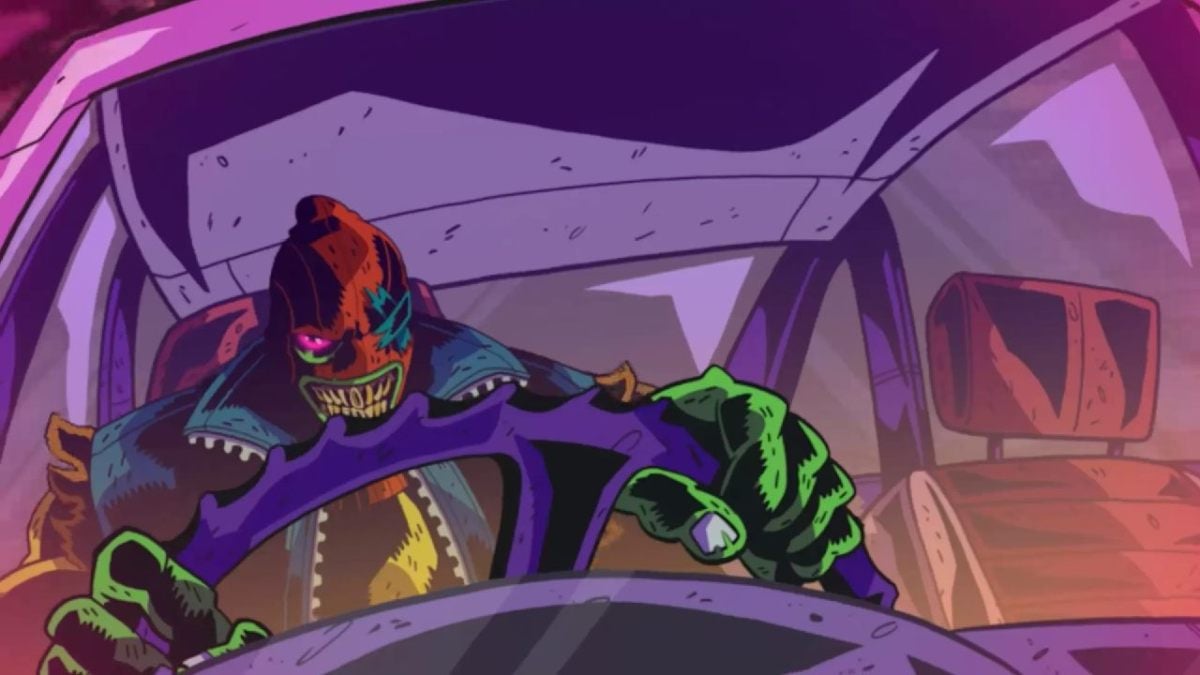
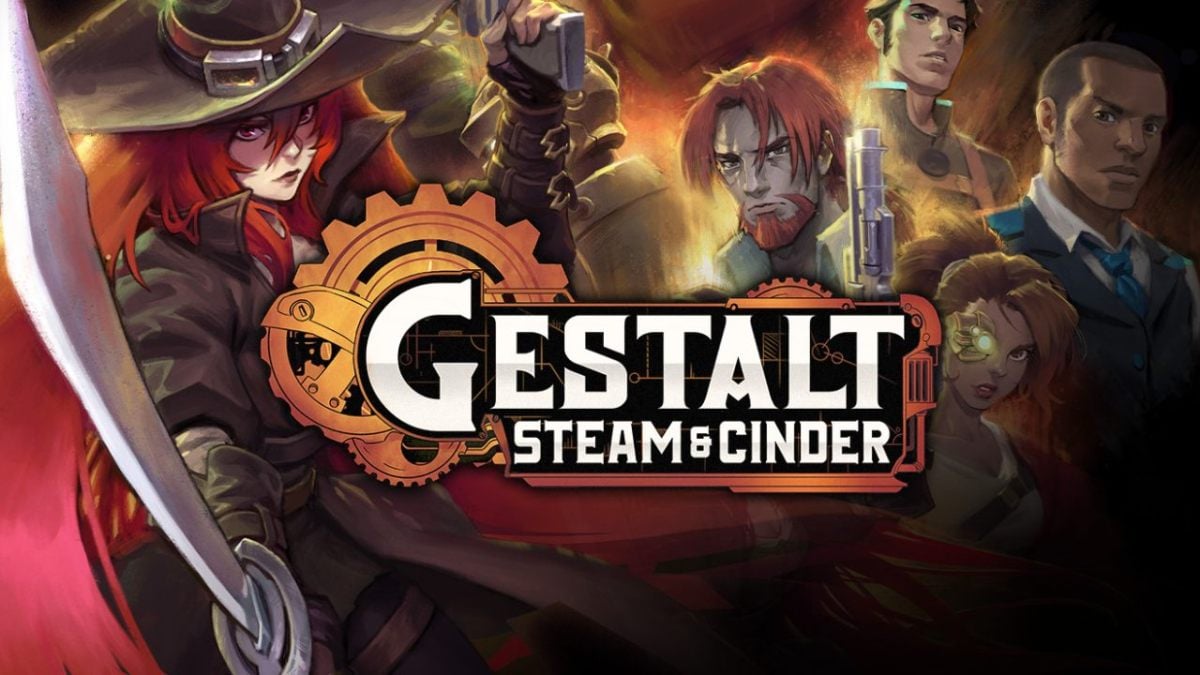
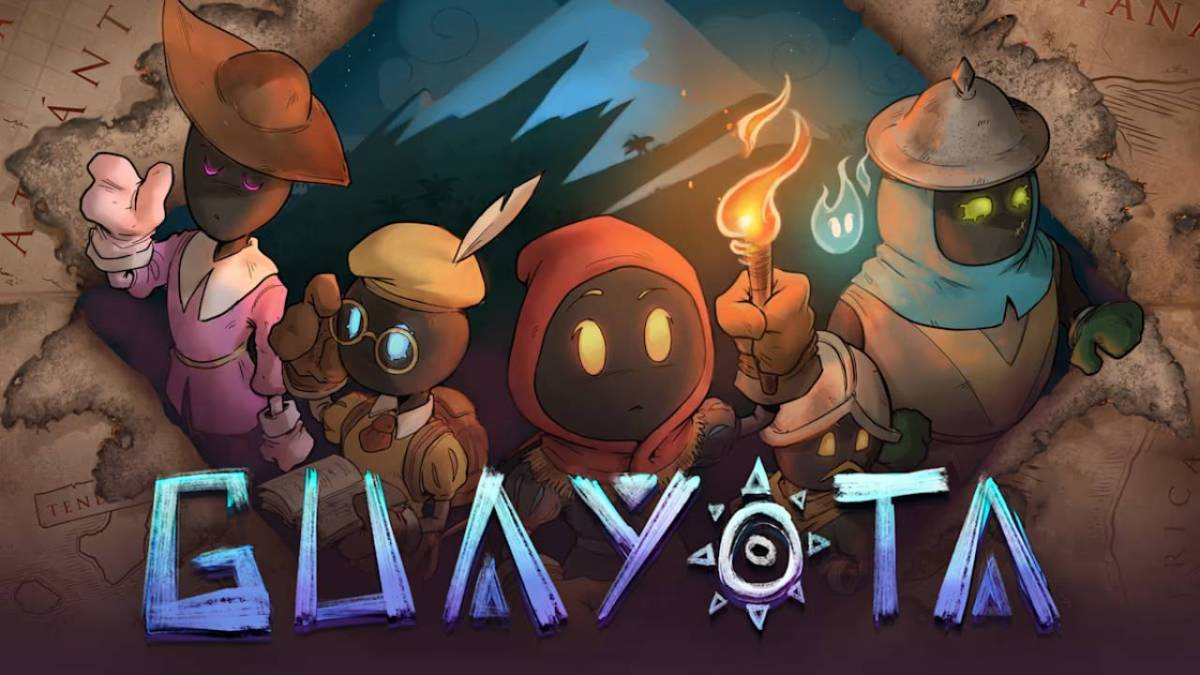
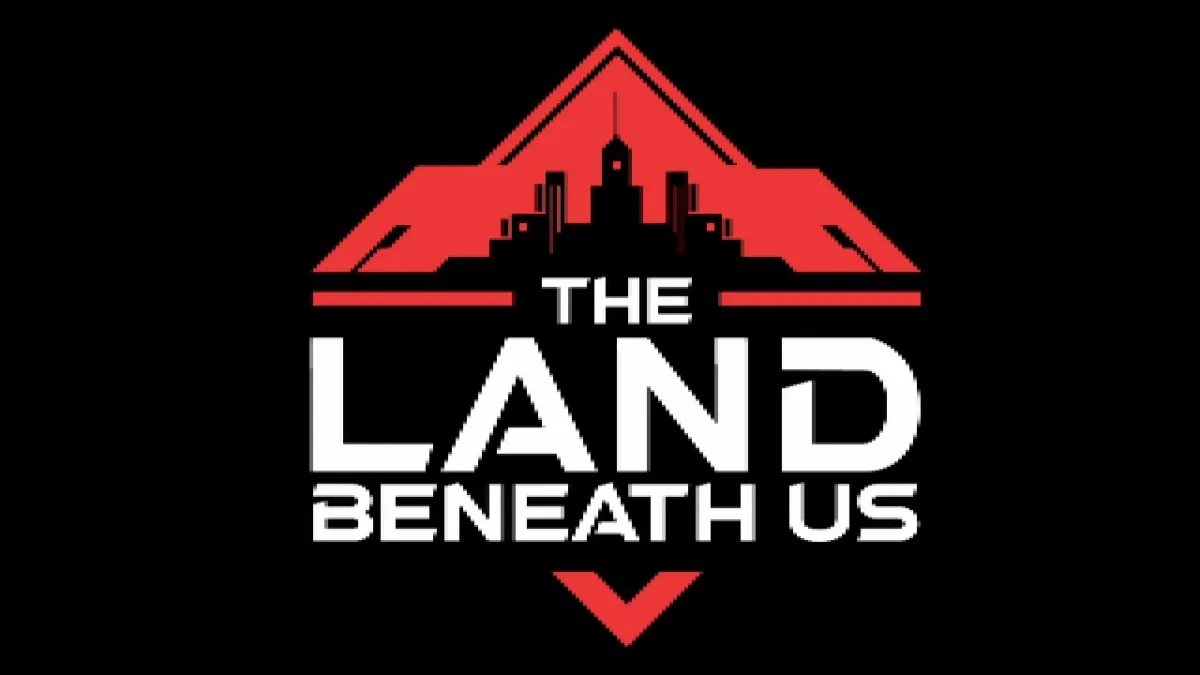
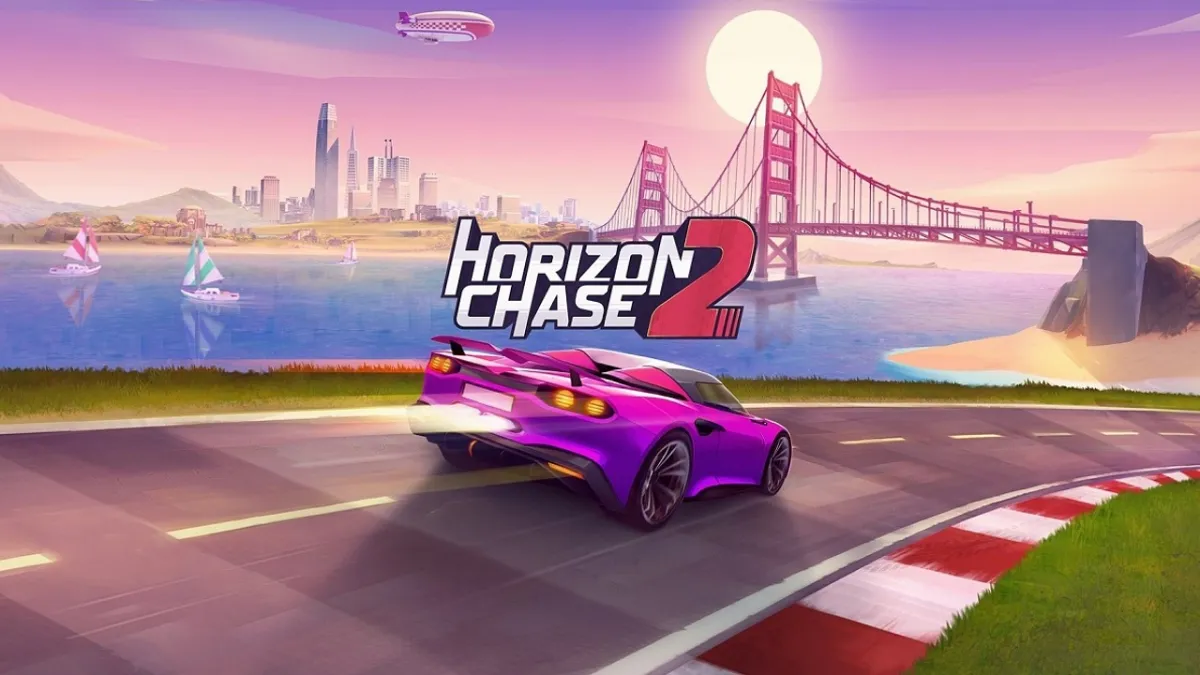
Published: Oct 21, 2013 04:53 am